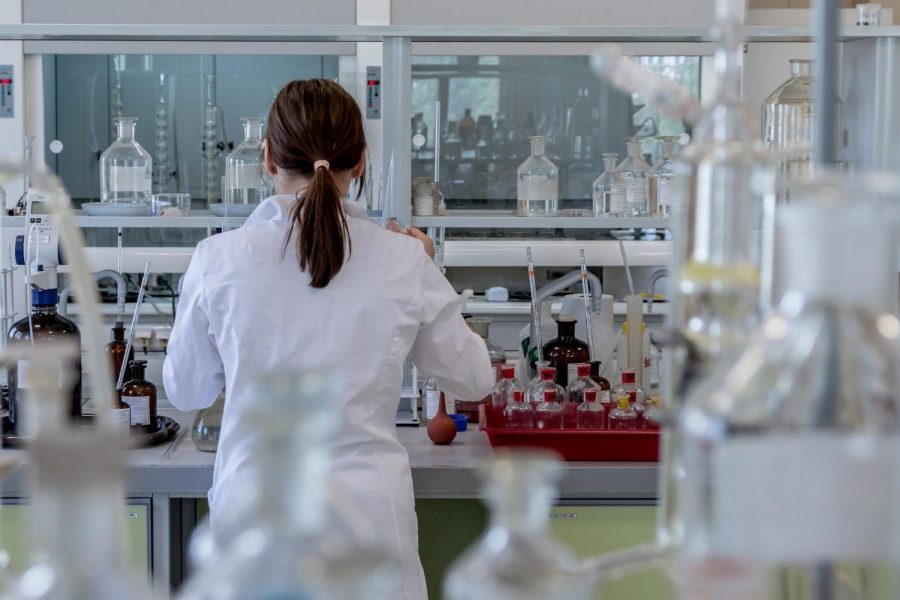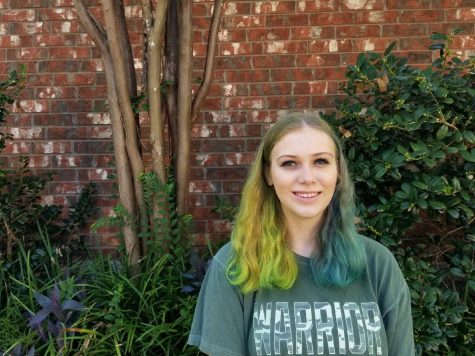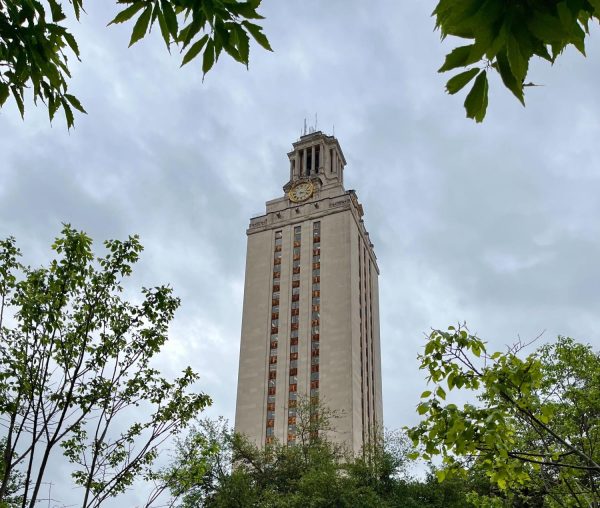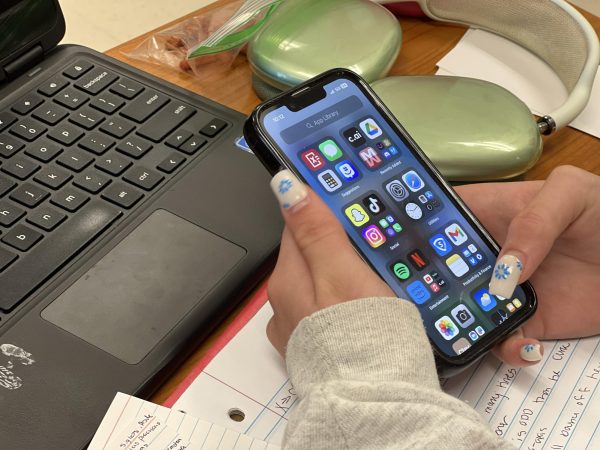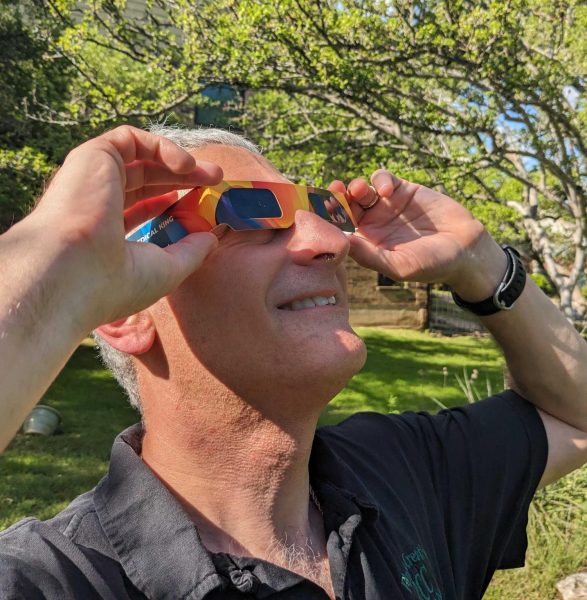In Wake of Poor Evidence Handling, City Splits Forensics Lab From APD
The City Council voted on Feb. 4 that the Austin Police Department forensics labs will begin operating independently of the force. Now that the measure has been passed, the lab’s $11.9 million dollar budget and 80 full-time employees will be transferred to the new lab. The money would be reallocated from the $150 million that was to be cut from the APD budget late last year.
“This is an important move for survivors of violence and harm in our community, and an important step for equal justice,” Council Member Greg Casar said in a release. “It’s in the best interest of justice when forensic evidence departments are run by scientists… We want justice and transparency for all.”
Under the APD, the lab suffered from a backlog of evidence, which holds up cases that oftentimes involve violent crimes. This evidence is crucial to solving cases in many circumstances; many rape investigations that were previously closed due to a lack of evidence were reopened after forensic evidence was processed. The Texas Forensic Science Commission also found issues with the system, including evidence handling, furthering the argument for an independent lab. The new lab is still responsible for crime scene investigations, managing and analyzing evidence, and other forensic related services, but is run independently from APD.
“When our lab comes to a conclusion, exonerating someone, saying that person is innocent or holding someone accountable, saying they actually were involved in harm or violence – that the community can know there isn’t bias,” Mr. Casar said. “Ultimately, it’s just scientists running a scientific operation finding truth and following justice wherever it leads,”
President of the Austin Police Association, Ken Casaday, believes the people picking up evidence should not be the same people who analyze it. The Stop Abuse For Everyone Alliance (SAFE) is also in agreement. Its stance is that victims of rape and sexual assault will be better served.
“The SAFE Alliance has a particular interest in ensuring a process to receive, analyze, report on, and store DNA evidence collected during forensic exams conducted for survivors of sexual assault at Eloise House, SAFE’s forensic exam clinic,” SAFE said, in a statement to CBS. “Over the past two years, SAFE participated in a rigorous review of the DNA lab with the goal of understanding past problems, including review of expert assessments, and then to identify the best practices in the operation of a DNA lab. The review was led by the City of Austin and Travis County and included a broad group of stakeholders.”
With several prominent groups endorsing the proposal, the vote appear was a foregone conclusion. Now that the proposition has been passed, the next phase of the transition is to establish details of the move, including a timeline for the move, and the organization and budgeting for the department.

